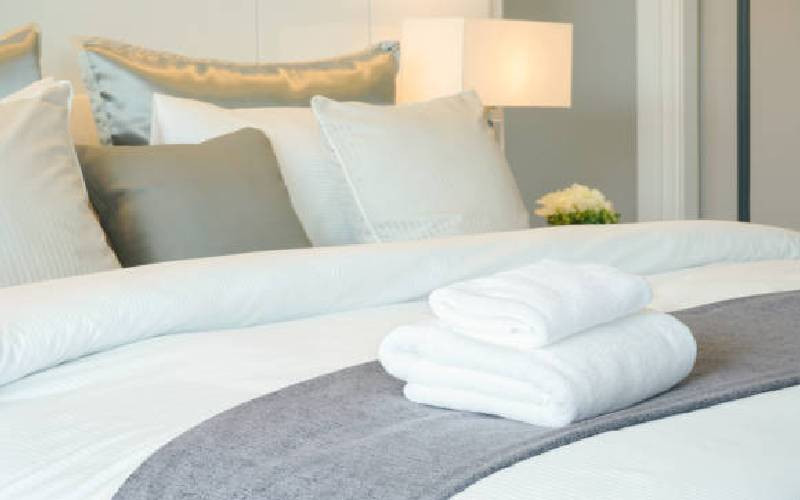×
The Standard e-Paper
Stay Informed, Even Offline

I recently booked an Airbnb in Nairobi's Kilimani for a staycation expecting to have a relaxed one-night stay.
On arrival at 6pm, I was met by a lovely host who said he was actually on his way out. At Sh3,000 a night I thought I had struck a good deal, only for him to return at 8pm and say he would be in his room, promising not to interrupt me.